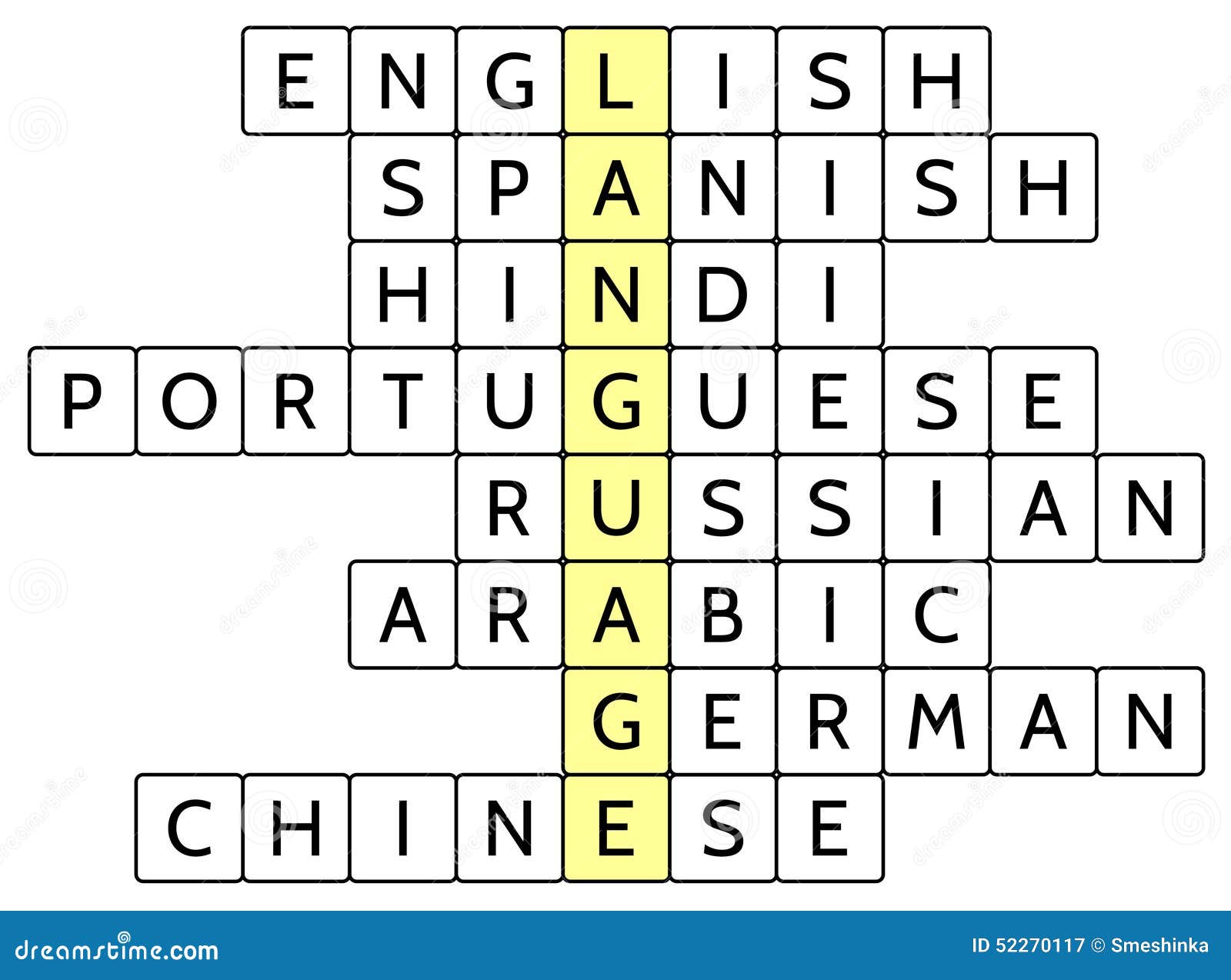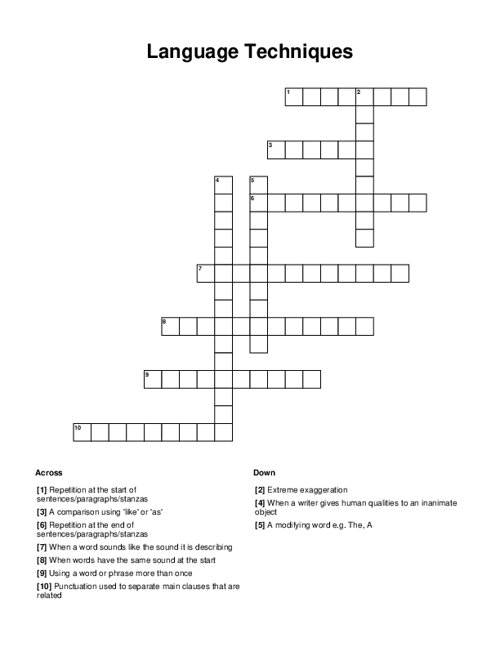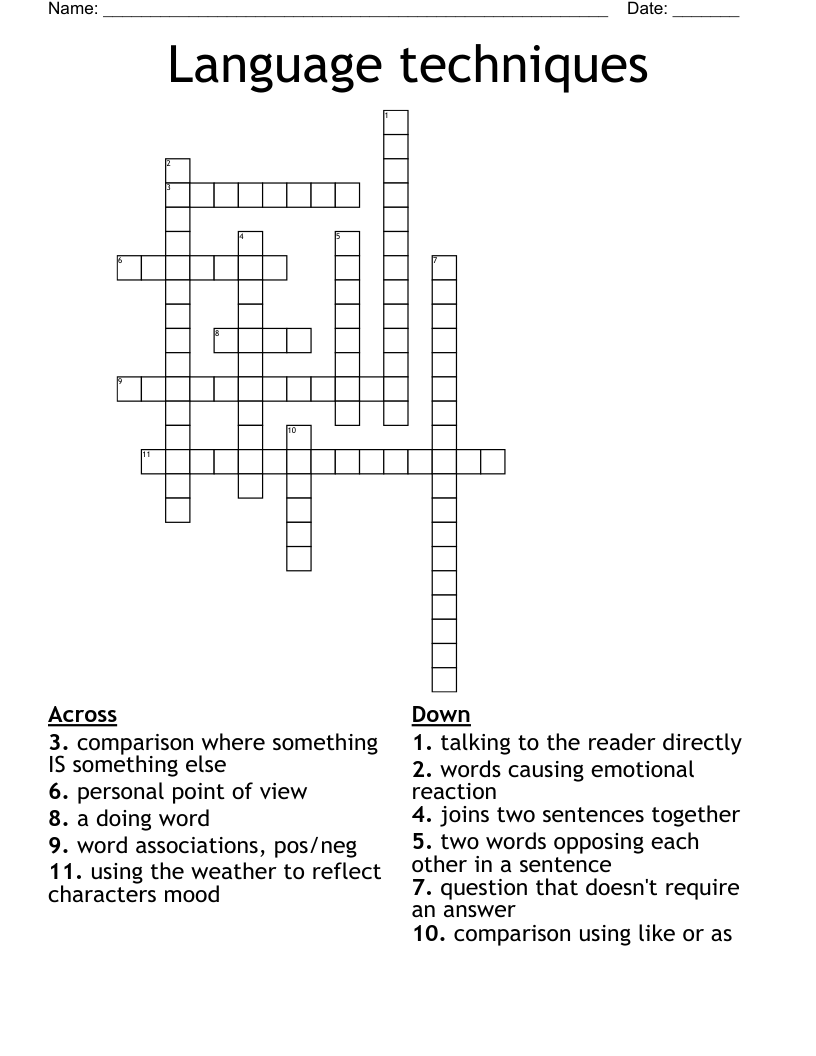Mini crosswords have become a popular pastime for many language enthusiasts and casual puzzlers alike. These compact puzzles not only provide entertainment but also serve as a unique platform to challenge and enhance language skills. This article delves into the various ways mini crossword clues can sharpen our understanding of English, improve vocabulary, and stimulate cognitive skills.
The Mechanics of Mini Crosswords
Mini crosswords typically consist of a small grid, often 5×5 or 7×7, with clues that reference words or phrases to be filled in. Unlike traditional crosswords, which can contain obscure references, mini crosswords often prioritize more accessible vocabulary while still offering a challenge. The clues can range widely, from straightforward definitions to clever wordplay.
Enhancing Vocabulary Skills

One of the primary benefits of solving mini crosswords is the enhancement of vocabulary skills. As solvers encounter various clues, they are often introduced to new words or phrases that they may not have encountered before.
Diverse Clue Types
Mini crossword clues can be categorized into several types, each providing a different angle on vocabulary building:
- Definitions: Direct clues that define a word, e.g., “A large body of water” for “OCEAN.”
- Synonyms: Clues that require the solver to think of a synonym, e.g., “Joyous” for “ELATED.”
- Wordplay: These clues may involve puns or double meanings, challenging the solver’s creativity, e.g., “Notable absence?” for “NO-SHOW.”
- Abbreviations: Clues that use abbreviations or acronyms, e.g., “S. America” for “BRAZIL.”
By engaging with these diverse clue types, solvers expand their vocabulary and develop a deeper understanding of word usage in various contexts.
Improving Cognitive Skills
Solve mini crosswords can also enhance cognitive skills such as critical thinking, problem-solving, and memory retention. Here’s how:
Critical Thinking and Problem-Solving

Crossword puzzles require solvers to think critically about the clues provided. They often need to:
- Analyze the wording of clues to determine what is being asked.
- Consider multiple meanings of words to find the best fit.
- Cross-reference letters already filled in to deduce potential answers.
This analytical process enhances logical thinking and fosters a methodical approach to problem-solving.
Memory Retention
Regularly engaging with mini crosswords can also bolster memory retention. The act of recalling words and their meanings strengthens neural connections in the brain, making it easier to remember information long-term. Research indicates that:
- Solving puzzles can delay cognitive decline in older adults, improving overall brain function.
- Frequent crossword solvers often exhibit improved verbal memory and recall abilities.
By reinforcing language skills and enhancing memory, mini crosswords serve as an effective tool for cognitive development.
Language Structure and Syntax
Mini crosswords can also improve understanding of language structure and syntax. As solvers attempt to piece together words, they naturally engage with the mechanics of English grammar. Here’s how:
Word Formation

Engaging with clues allows solvers to observe how words are formed and structured. For instance:
- Recognizing prefixes and suffixes can help in deducing answers.
- Understanding parts of speech is crucial for selecting the correct word form.
This engagement helps solidify grammatical concepts and enhances overall language proficiency.
Idioms and Expressions
Many crossword clues incorporate idiomatic expressions, which can be a fun way to learn about cultural nuances in language. Examples include:
- “Break the ice” for “START A CONVERSATION.”
- “Bite the bullet” for “FACE A CHALLENGE.”
By encountering these expressions in context, solvers gain a richer understanding of the English language and its idiomatic nuances.
Case Studies: The Impact of Crossword Puzzles on Language Skills

Several studies have been conducted to assess the benefits of crossword puzzles on language skills. One notable study published in the journal *Psychology and Aging* found that older adults who regularly engaged in crossword puzzles showed significant improvements in their verbal skills compared to those who did not.
Another research project by the *National Institute on Aging* concluded that cognitive activities, including crossword puzzles, could contribute to a 30-50% reduction in the risk of developing Alzheimer’s disease. These studies highlight the importance of engaging with language through various forms, including mini crosswords.
Statistics on Crossword Puzzle Popularity
The popularity of crossword puzzles has surged in recent years, particularly with the rise of mobile applications and online platforms. According to a survey conducted by *The Harris Poll*, approximately 61% of Americans engage in crossword puzzles regularly. The same survey revealed that:
- 38% of respondents believe solving puzzles improves their vocabulary.
- 25% noted that crosswords help them learn about new topics and expand their knowledge.
This data underscores the widespread appeal of crossword puzzles as a tool for improving language skills.
Conclusion: The Language Benefits of Mini Crosswords
In summary, mini crosswords offer a multifaceted approach to enhancing language skills in English. From vocabulary expansion and cognitive improvement to a deeper understanding of language structure, these puzzles provide engaging challenges that stimulate the mind. By regularly engaging with mini crosswords, solvers not only enjoy a fun pastime but also invest in their linguistic development. The combination of entertainment and education makes mini crosswords a valuable resource for anyone looking to improve their language skills.
